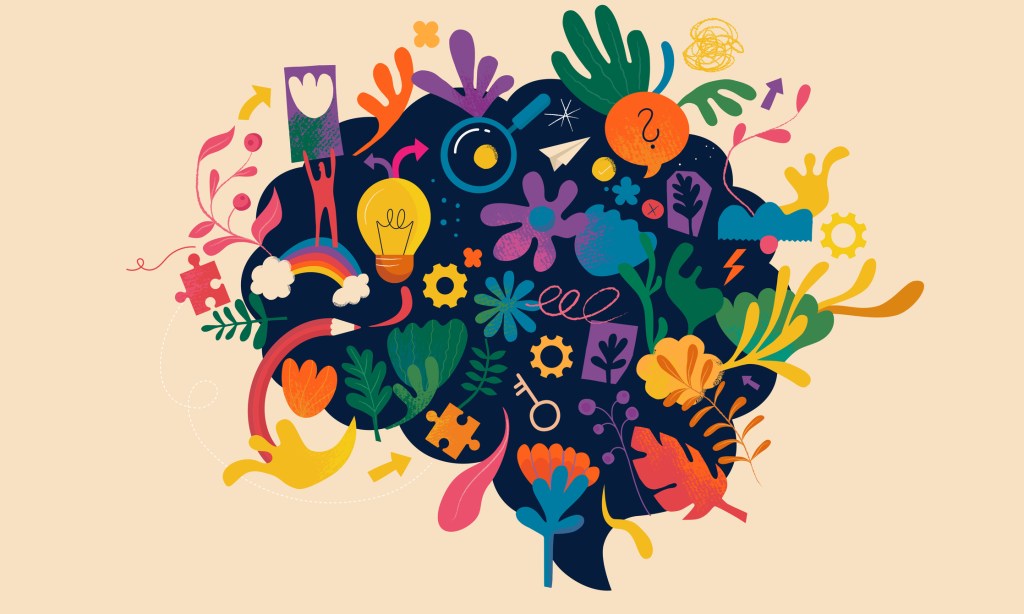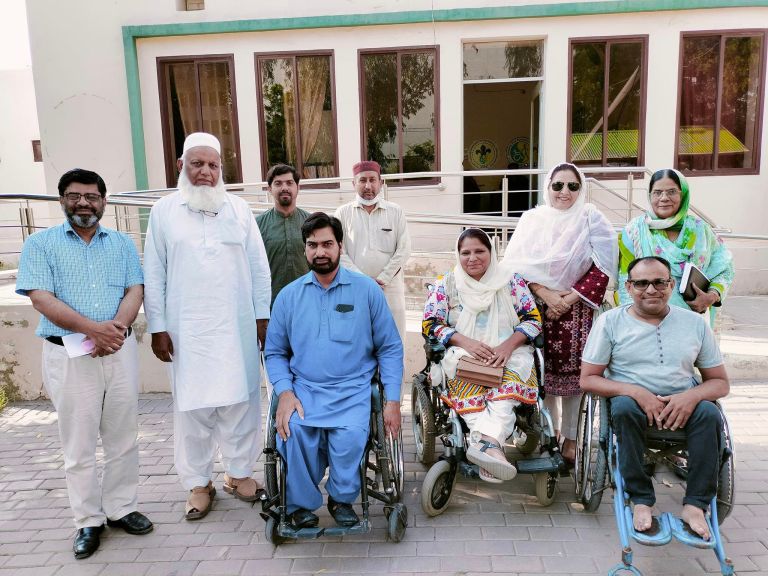Are you playing to your strengths in your career? How about with friends, or in your hobbies? A growing body of positive psychology research suggests that using your personal strengths can not only help you thrive at work, but also boost your mental health and increase your resilience and life satisfaction, among other benefits.
Despite this evidence, many of us aren’t fully applying our positive attributes to all realms of life. Keep reading to learn why that might be and how to identify your own strengths.
The Differences Between Talents and Strengths
First, let’s clarify the differences between a talent and a strength. The main distinction is that just being good at something doesn’t make it a personal strength — at least not as the term is defined in positive psychology.
Rather, personal strengths are positive characteristics that enable people to think, feel, and behave in ways that align with their values. They are similar to traits, in that they’re typically pretty stable across time, but they’re not necessarily fixed. They include things like curiosity, humor, creativity, social intelligence, and fairness.

A talent, on the other hand, is a specific thing you’re good at, usually without much thought or effort, regardless of how you feel about it. For example, playing piano might be one of your talents, while a love of learning is one of your strengths.
“A strength is an activity that strengthens you,” business consultant and author Marcus Buckingham wrote for CNBC. “You often look forward to it and time seems to fly when you’re actually doing it. And when you’re done, you feel proud, satisfied, maybe even energized.”
So, you may be the top salesperson at your company, and you stop at nothing to hit your target, but if you take no real joy in the process of making a deal, perhaps persistence isn’t one of your personal strengths.
What’s Stopping You From Using Your Strengths
Self-Awareness
The most obvious reason people don’t play to their strengths is that they simply don’t know what those strengths are. We cover how to specifically identify them a bit lower down in this article, but if you’re interested in learning how to look inward, check out our explainer on the benefits of self-awareness and strategies for expanding it.
We Undervalue What We Do Well
In an article for the Harvard Business Review, Whitney Johnson, CEO of the leadership development company Disruption Advisors, suggests that many people tend to downplay what they’re best at.

“Often our ‘superpowers’ are things we do effortlessly, almost reflexively, like breathing. When a boss identifies these talents and asks you to do something that uses your superpower, you may think, ‘But that’s so easy. It’s too easy,’” she explains, suggesting that we’ve learned to value hard-earned skills over innate inclinations.
We’re Wired to Focus on Weaknesses
Our brains evolved to be especially attuned to signs of danger — which is beneficial when it comes to keeping us physically safe, but also results in a “well-honed negativity bias,” leadership and empowerment expert Megan Dalla-Camina wrote for Psychology Today.
Essentially, we’re on the lookout for anything that can potentially harm us, she explains. “In modern day lives, that can be anything that brings danger, so we do things like checking each way before crossing the road. And it can also mean searching for our weaknesses to stamp them out before they do us harm — like trying to end our bad habit of procrastination, or being too aggressive at work.”
“It all means that we are typically well in touch with our weaknesses and could list 100 of them if asked at random,” she continued. “But our strengths, those things that we are inherently good at and like doing, are a little more out of our reach and harder to articulate, let alone put into action.”
So how do we overcome these obstacles?
How to Identify Your Strengths
Free VIA Survey
Dalla-Camina recommends the VIA Survey for identifying personal strengths. Per PositivePsychology.com, the free tool is “a scientific instrument measuring our strengths, and it’s widely used in academic, corporate, and other settings.” It organizes 24 strengths into six core virtues: wisdom, courage, humanity, justice, temperance, and transcendence.
The survey requires a time commitment of about 10-15 minutes and the results can be not only illuminating but also motivating. After all, who wouldn’t feel a little pumped up after seeing a rundown of their positive characteristics? (This writer took it and can personally attest to that impact.) Take it here.
Solicit Feedback From Loved Ones
Another great way to get a glimpse at your strengths is to poll your friends and family. Make sure you ask people who know you well and have your best interests at heart, and remember that just because someone else thinks you’re good at something doesn’t necessarily mean it falls into the category of personal strength. But if, say, your best friend shares that you’re always the first person they turn to for advice, or your wife says she looks to you for guidance on complex decisions in her career, it may spark the realization that you find offering perspective and practicing leadership to be empowering and energizing.

Reflect and Ask Yourself Questions
You don’t have to be good at something to enjoy doing it, and we don’t always enjoy the skills that come naturally to us, but where the two do overlap is rich for reflection. Are you an avid nonfiction reader? Maybe your strength is curiosity. Do you enjoy rock climbing? Maybe it’s because you have a great sense of bravery. Are you someone who loves meeting and connecting with new people? Perhaps you have high social intelligence.
In her HBR piece, Johnson offered a couple other questions that can help you reflect:
“What compliments do you dismiss?” These could be keys to the strengths you tend to undervalue.
“What do you think about when you have nothing to think about?” Tapping into the ideas that occupy your mental energy can shed light on what matters most to you — and if it matters that much, there’s a good chance you excel in the area you’re contemplating.
“What exasperates you?” If you find yourself getting frequently frustrated by people’s failures to understand or do certain things, it may be because you don’t realize how easily those things come to you. This kind of reflection may not only help you identify your strengths but perhaps also offer you an opportunity to practice a little more patience with others’ weaknesses.
RELATED: The Transformative Power of a Life Review, Whether You’re 25 or 75











